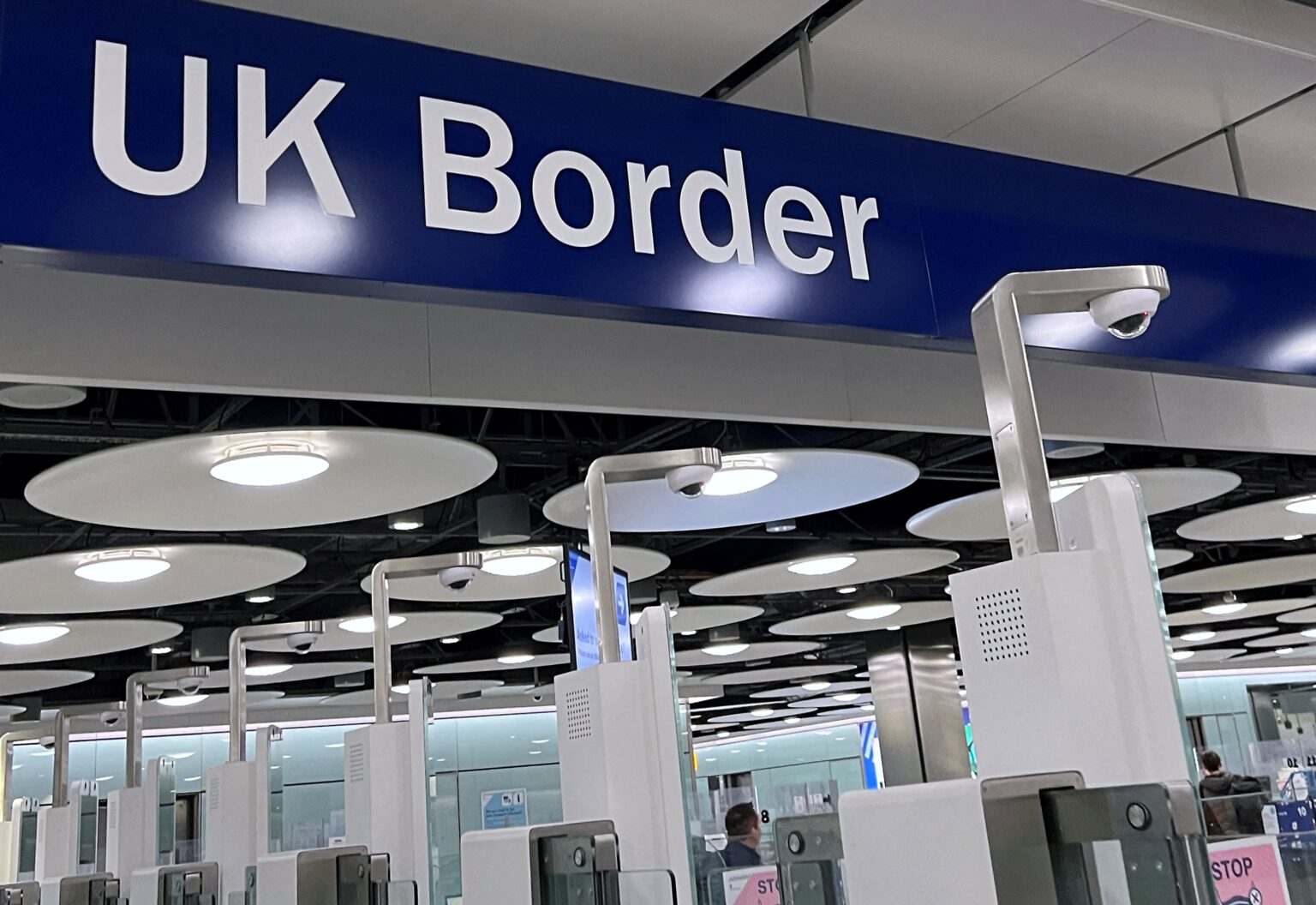Net migration to the United Kingdom halved in 2024, falling to 431,000 from a record 860,000 the previous year, according to official figures released by the Office for National Statistics (ONS). The drop, described by the ONS as the largest since the Covid-19 pandemic, comes amid intensified government efforts to reduce immigration and represents a significant political boost for Prime Minister Keir Starmer.
The ONS attributed the sharp decline to a reduction in arrivals on work and study visas, coupled with a rise in emigration over the same period. In its report, the agency stated, “Long-term net migration is down by almost 50 percent,” citing both visa policy changes and new restrictions implemented throughout 2024.
In a coordinated move to cut immigration numbers, the UK government has raised income thresholds for family visa applications, limited dependants on student and care worker visas, and extended the qualifying period for settlement. The measures, announced in May, form part of Starmer’s broader pledge to “finally take back control” of Britain’s borders.
The Labour-led administration’s immigration reforms have drawn both praise and criticism. Interior Minister Yvette Cooper described the 300,000 reduction since the July election as “important and welcome,” noting that nearly 30,000 failed asylum seekers had been returned to their countries of origin—a 12-month increase from the previous year.
However, the opposition has been quick to challenge Labour’s narrative. Conservative leader Kemi Badenoch, in a post on X, argued that the government had only benefitted from policies set in motion by the previous administration, accusing Starmer of voting against “every plan to bring [migration] down further.” Former home secretary James Cleverly echoed this sentiment, insisting that the figures reflect the impact of visa restrictions he introduced.
Migration remains a politically sensitive issue, especially following local election gains by the right-wing Reform UK party, which now leads in national polling with 29 percent support. Labour trails at 22 percent, with the Liberal Democrats and Conservatives polling at 17 and 16 percent respectively, according to the latest YouGov survey.
Starmer’s recent rhetoric on immigration has sparked internal tensions within Labour, with his warning that Britain risks becoming “an island of strangers” drawing criticism from party members concerned about the shift in tone.
As the government looks to continue its downward trajectory on net migration, officials maintain that further reductions are expected, with the Home Office targeting a cut of up to 100,000 migrants annually by the end of the current parliamentary term in 2029.
